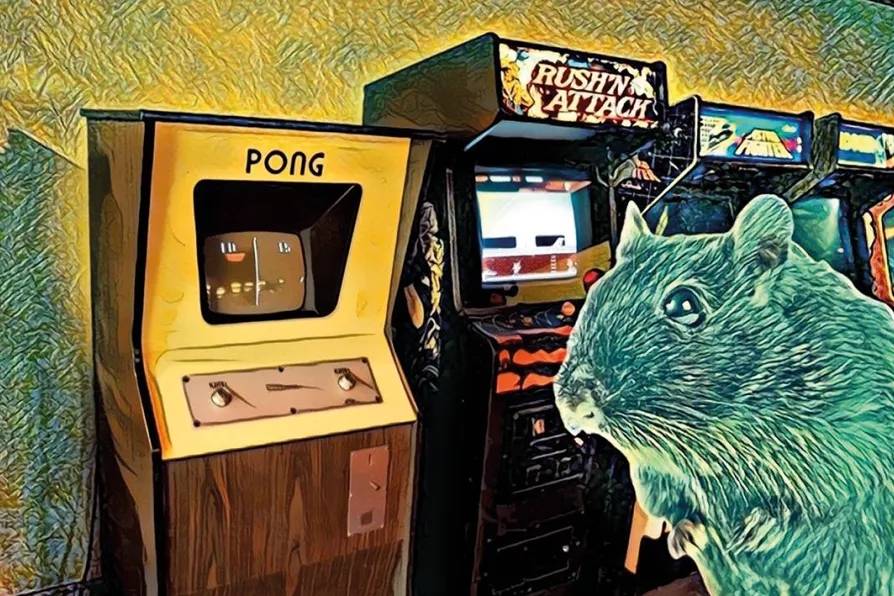As tens of thousands return to the streets for the first national Palestine march of 2026, this movement refuses to be sidelined or silenced, says PETER LEARY


TO perform the experiment, cortical cells taken from the brains of rodent embryos were placed in a vat of nutrients in which they grew into a dense, complicated network. This network resembles a very scaled-down version of the network of neurons that comprise our own brains.
Performing the same process with human neurons requires an extra step, since there are further ethical considerations for direct collection and use of human tissues.
Consensually collected human cells such as red blood cells can be “reversed” into pluripotent stem cells, the initial form that all human cells take before they begin to specialise into things like skin, muscle, or bone. These stem cells are then triggered into changing into human neurons and are grown into dense networks the same way as the mice neurons.
The neurons were grown on very fine grids of electrodes that can record the chains of electrical signals that fire along connected neurons, as well as send external electrical signals into the network. The result is a two-way interface between the network of neurons and a computer system.
The computer system was programmed to run a one-player version of the game Pong, where you move a paddle up or down to bounce a ball against a wall on the opposite side of the screen. The computer sends signals into a specific region of the neuron network and interprets any signals in two different regions as requests to move the paddle up or down.
The computer communicates sensory information such as ball location on the y-axis or ball speed into the network. The hope was that the network of neurons would learn to interpret this information and respond by moving the paddle in the correct direction.
However, the neurons need a reason to care about this sensory information that they are receiving: without any feedback on their performance could the neurons learn? This is where the scientists made use of a specific theory of how intelligent behaviour emerges, pioneered by senior author on the paper Karl Friston.
Friston is a theoretical neuroscientist based at University College London and is a leading proponent of what he has called the “free energy principle.”

New research into mutations in sperm helps us better understand why they occur, while debunking a few myths in the process, write ROX MIDDLETON, LIAM SHAW and MIRIAM GAUNTLETT













